 WISERD 2014 Conference – Call for Papers
WISERD 2014 Conference – Call for Papers
The WISERD 2014 Conference will be held on 3-4 July 2014 in Aberystwyth University. We are delighted to be able to confirm that Professor Bob Jessop and Professor Karel Williams have agreed to deliver keynote addresses. Call for papers WISERD 2014
The 2014 conference is the fifth annual WISERD conference, and follows on from four successful conferences, held in Cardiff, Swansea, Bangor and South Wales Universities. WISERD conferences attract colleagues from across the academic, policy, public, private, and third sectors in Wales; and have become established as one of the most important events in the social science calendar.
How to get involved
We are currently inviting submissions of abstracts for papers and posters. We have both themed and open strands for which submissions are invited. The themed sessions are as follows:
· Culture, Values and Creative Industries
· Civil Society
· Economic Life
· Health, Environment and Wellbeing
· Transitions in Education, Childhood and the Labour Market
· Social Care across the Life-course
In terms of open sessions, the programme for the conference is intended to reflect the research interests and priorities of the social science and policy sectors within Wales, the UK and internationally. As such, all topics will be considered for inclusion within the conference programme.
WISERD invites submissions from all areas of the research community including, but not restricted to, academics, students and third sector colleagues.
PhD Student Competition
WISERD, in collaboration with the ESRC Wales Doctoral Training Centre, will be awarding prizes to postgraduate students who present posters.
All posters submitted by postgraduate students will be automatically entered into the competition. If you do not wish your poster to be entered, please note this in the ‘additional information’ section of the abstract proforma.
Essay Competition
In addition to the Poster competition, the 2014 WISERD conference will include a ‘collaboration short essay competition’. Entrants must be currently registered PhD students and must be attending the conference.
Entries should be sent to WalesDTC@cardiff.ac.uk by Friday 13 June 2014. They will be judged by the DTC Director and a senior WISERD representative.
To submit a proposal
The full call for papers is here: WISERD 2014 Conference Abstract Proforma FINAL. To submit a proposal, please complete and send to: wiserd.events@cardiff.ac.uk.
The deadline for submission of abstracts is 17 January 2014.
 Do you want to know how to use social media to enhance your research profile and get your message to a wider audience? Then this session is for you!
Do you want to know how to use social media to enhance your research profile and get your message to a wider audience? Then this session is for you!


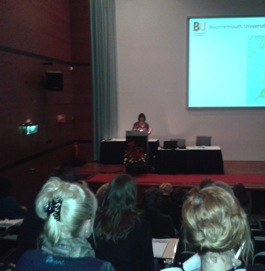
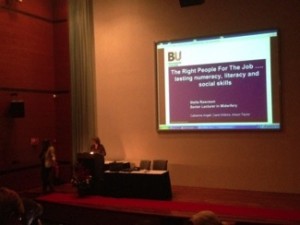





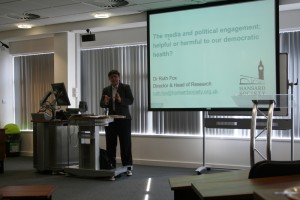

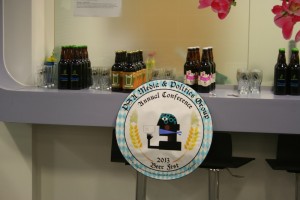


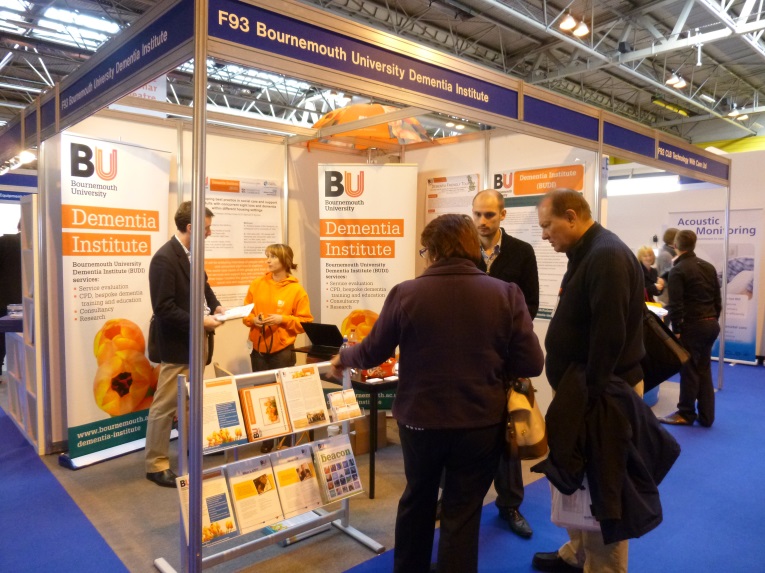

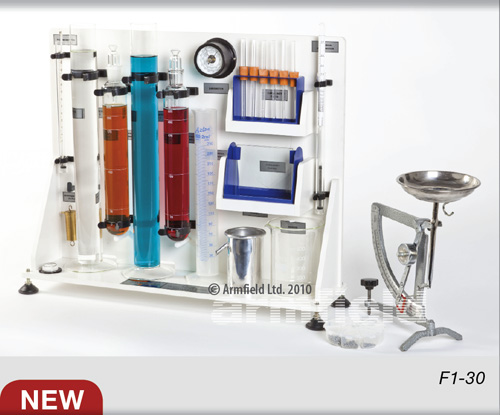











 Nursing Research REF Impact in Nepal
Nursing Research REF Impact in Nepal Fourth INRC Symposium: From Clinical Applications to Neuro-Inspired Computation
Fourth INRC Symposium: From Clinical Applications to Neuro-Inspired Computation ESRC Festival of Social Science 2025 – Reflecting back and looking ahead to 2026
ESRC Festival of Social Science 2025 – Reflecting back and looking ahead to 2026 3C Event: Research Culture, Community & Cookies – Tuesday 13 January 10-11am
3C Event: Research Culture, Community & Cookies – Tuesday 13 January 10-11am Dr. Chloe Casey on Sky News
Dr. Chloe Casey on Sky News ECR Funding Open Call: Research Culture & Community Grant – Application Deadline Friday 12 December
ECR Funding Open Call: Research Culture & Community Grant – Application Deadline Friday 12 December MSCA Postdoctoral Fellowships 2025 Call
MSCA Postdoctoral Fellowships 2025 Call ERC Advanced Grant 2025 Webinar
ERC Advanced Grant 2025 Webinar Horizon Europe Work Programme 2025 Published
Horizon Europe Work Programme 2025 Published Update on UKRO services
Update on UKRO services European research project exploring use of ‘virtual twins’ to better manage metabolic associated fatty liver disease
European research project exploring use of ‘virtual twins’ to better manage metabolic associated fatty liver disease